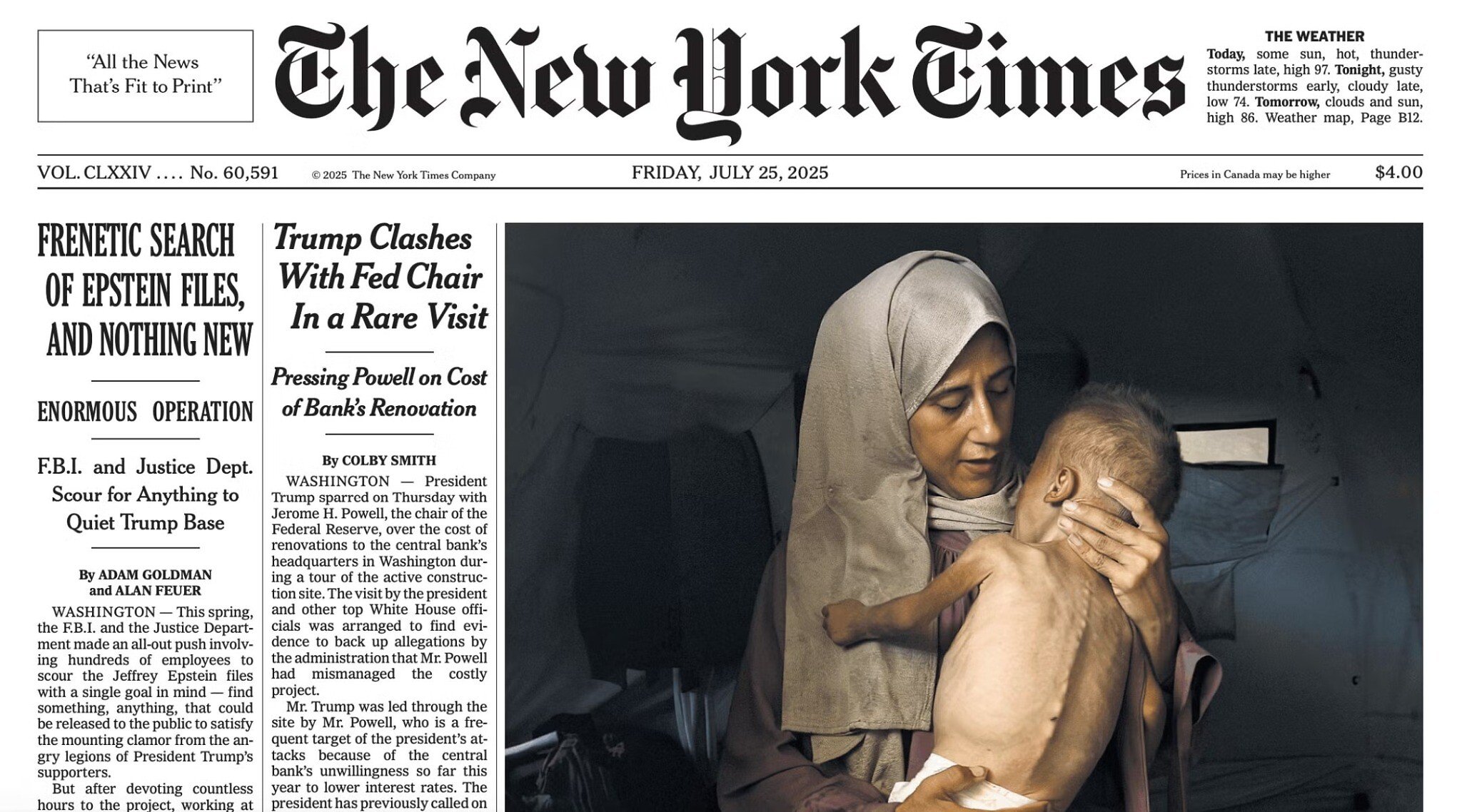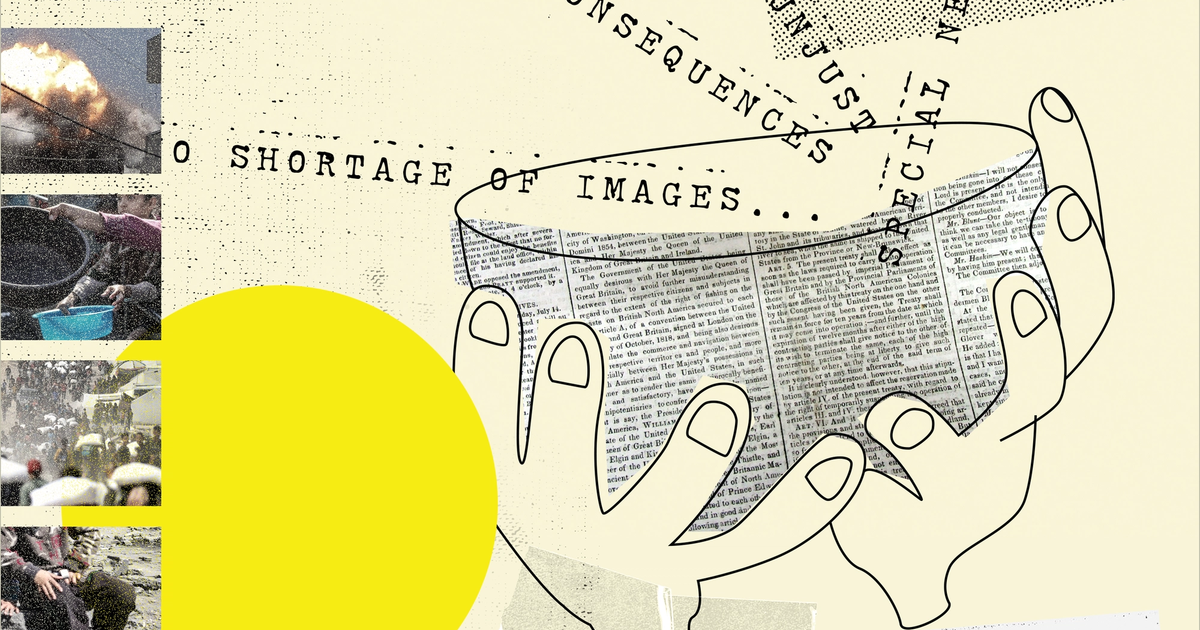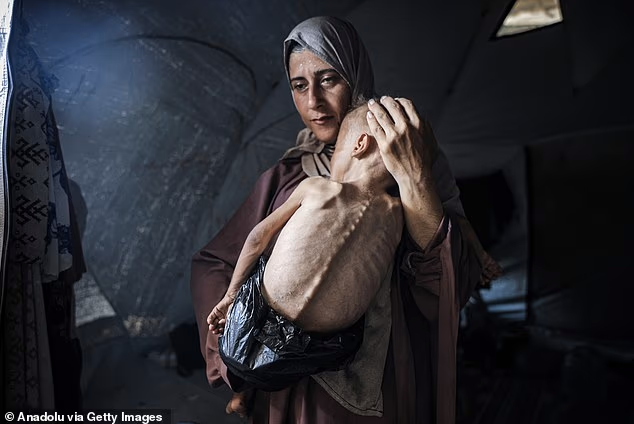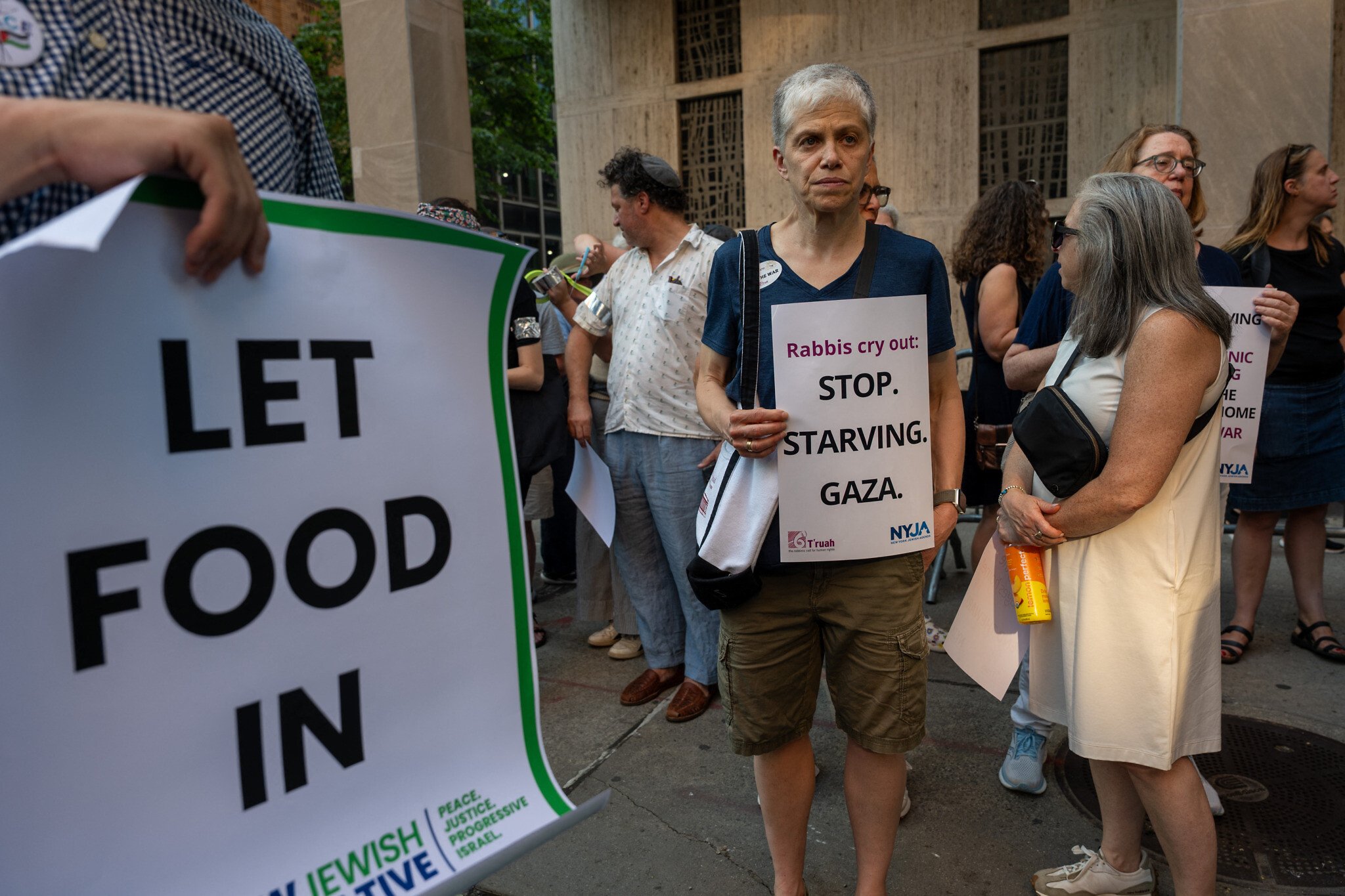T4K3.news
The New York Times issues correction for Gaza hunger report
The New York Times revises its controversial story on starvation in Gaza amid sharp criticism.

The New York Times retracts aspects of a controversial story on hunger in Gaza amid backlash.
The New York Times Faces Criticism Over Gaza Reporting
The New York Times recently issued an editors' note correcting its story on hunger in Gaza, published on July 24. The article, claiming that Gazans are dying of starvation due to Israeli actions, featured a striking photo of a sick child. However, the paper acknowledged failing to disclose critical information about its sources, particularly the Gaza Ministry of Health, which has faced accusations of dishonesty. This retraction has sparked a renewed focus on the portrayal of the Gaza crisis by the media.
Key Takeaways
"This is a horror and Israel is to blame."
Former senator Al Franken criticized the situation in Gaza after the original report.
"The children are paying the price for Netanyahu’s war by starvation in Gaza."
Rep. Lloyd Doggett highlighted the humanitarian impact of the conflict after the article's publication.
"The immediate need for action to prevent the travesty of innocent people dying of preventable starvation cannot be overstated."
Former President Barack Obama emphasized the urgency of addressing hunger in Gaza as captured by the article.
The correction reflects ongoing tensions surrounding media coverage in conflict zones. The initial report's dramatic narrative, bolstered by prominent figures sharing it, highlights the power of such narratives to shape public opinion. Yet, the ensuing backlash over the correction reveals a crucial accountability gap. No major news outlet can afford the luxury of misleading reports, especially in sensitive crises like Gaza. Such errors may compromise trust and further complicate existing polarizations.
Highlights
- Trust is critical in reporting on humanitarian crises.
- Corrections alone cannot undo the harm of misinformation.
- A picture can tell a thousand words, but accuracy is key.
- Media narratives shape perceptions in powerful ways.
Media Credibility at Stake
The New York Times' retraction of its Gaza story raises serious concerns about media accountability, especially regarding sensitive conflicts. Misinformation can lead to public distrust, impacting the media's role in informing citizens.
As the media landscape evolves, so does the responsibility to report with accuracy and integrity.
Enjoyed this? Let your friends know!
Related News

New York Times corrects story about Gaza child

The New York Times alters Gaza coverage amid scrutiny

Aid groups highlight starvation crisis in Gaza
Expert alert on famine crisis in Gaza

Investigation reveals misleading portrayal of Gaza's humanitarian crisis

IDF Reveals No Evidence of Hamas Stealing UN Aid

Rabbis arrested protesting in support of Gaza aid

At least 25 killed in Gaza awaiting aid deliveries
